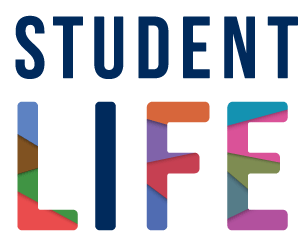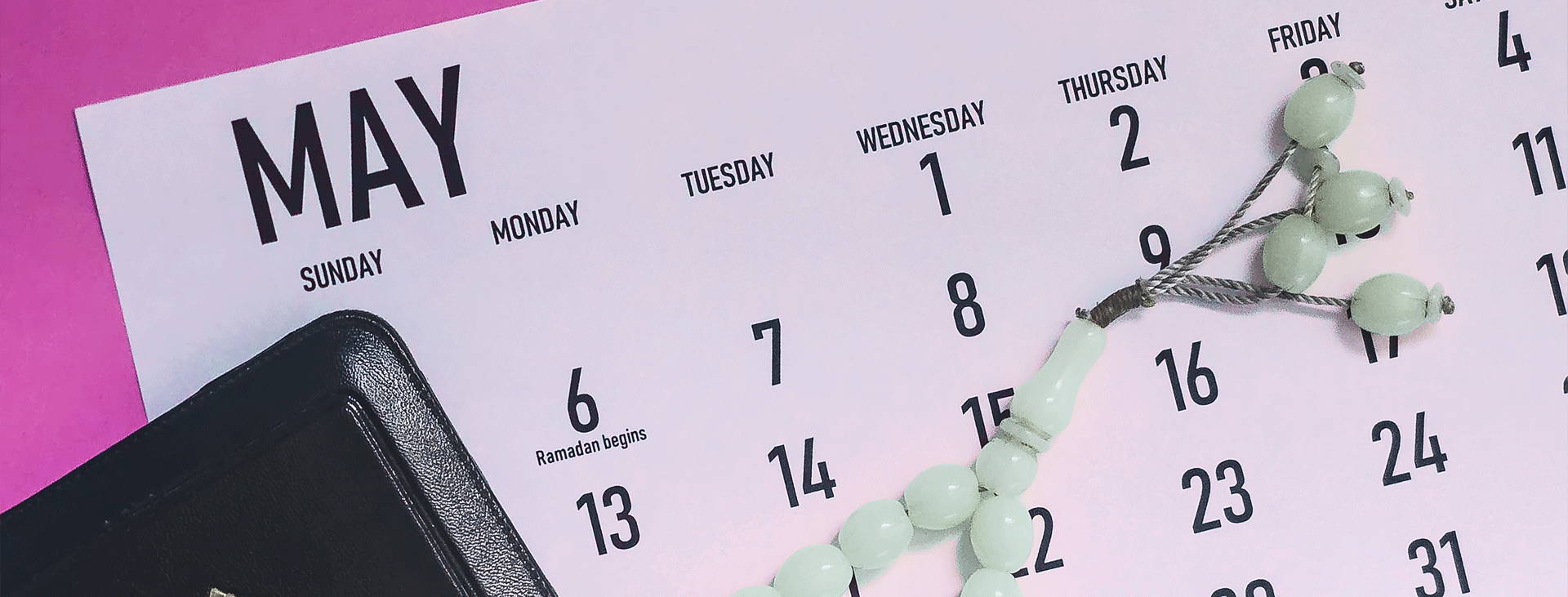University of Toronto’s religious accommodations policy accommodates students who observe religious Holy Days that might conflict with academic activities like classes, tests and so on.
Students have a responsibility to alert members of the teaching staff in a timely fashion about upcoming religious observances and anticipated absences. If you have any questions about how to ask for an accommodation, you can discuss the process with your registrar’s office. Find your registrar’s office.
NOTE: Documentation from faith leaders is not required.
Relevant dates and accommodations
-

Service Eligibility
All students
-

Privacy & Policies





